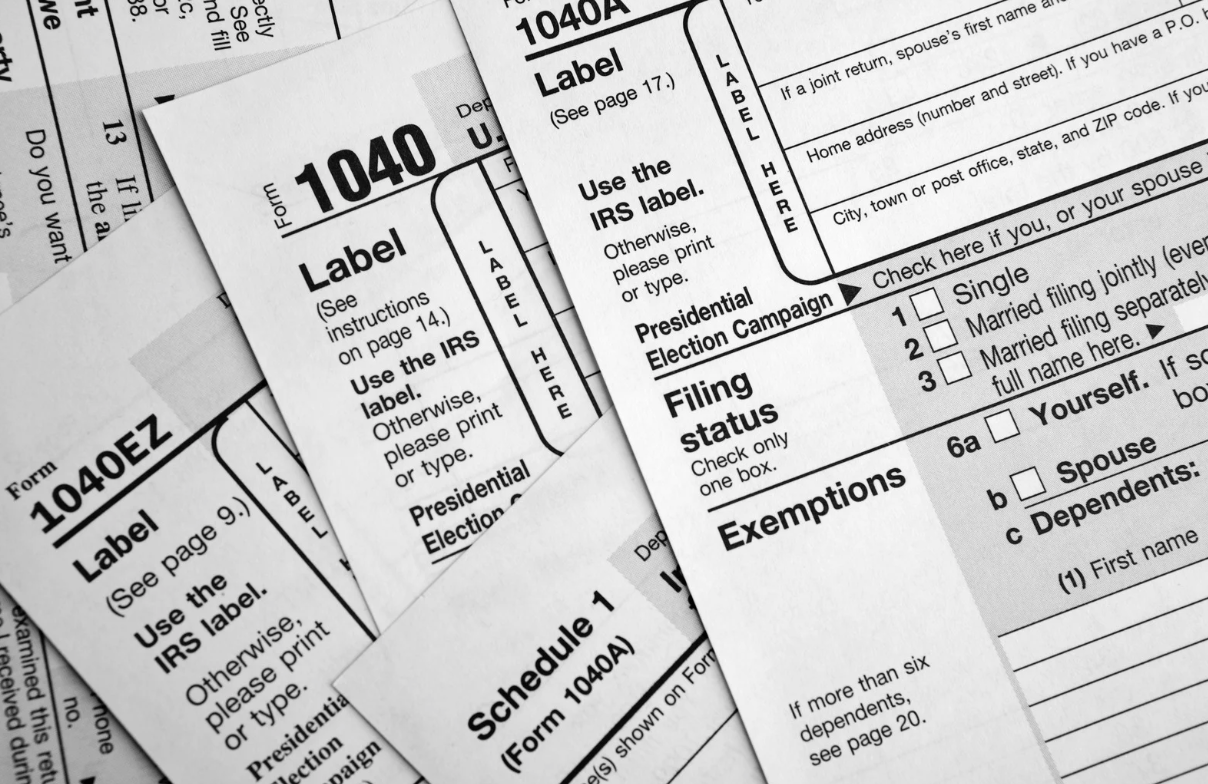

As tax season approaches, seniors in the United States can take advantage of certain tax deductions to ease their financial burden. Understanding and taking advantage of these deductions can help you maximize savings and ensure a smoother tax filing process. Here, we’ll explore some of the key tax deductions available to aging adults, providing insights to help you make the most of these benefits.
Standard Deduction for Seniors
Seniors aged 65 and older are eligible for an increased standard deduction. For the tax year 2023, the standard deduction for individuals in this age group is $14,950 for single filers and $27,800 for married couples filing jointly. This higher standard deduction allows you to reduce taxable income without the need for itemizing deductions.
Medical Expenses
With age, you may be experiencing more significant medical expenses; the IRS recognizes this and offers deductions for qualifying medical costs. Eligible expenses include doctor’s visits, prescription medications, long-term care services, and certain medical equipment. To take advantage of this deduction, medical expenses must exceed 7.5% of the senior’s adjusted gross income.
Retirement Account Contributions
Seniors can continue contributing to certain retirement accounts, such as Traditional IRAs and 401(k)s, even after reaching the age of 70½. Contributions to these accounts can be deducted from their taxable income, providing a valuable opportunity to bolster retirement savings and reduce tax liability.
Social Security Benefits
While Social Security benefits are generally taxable, the extent to which they are taxed depends on the recipient’s total income. Seniors with lower incomes may enjoy tax-free Social Security benefits, while those with higher incomes may be subject to taxation on a portion of their benefits. Proper tax planning can help seniors optimize their income and minimize the impact on their Social Security benefits.
Property Tax and Mortgage Interest
Homeownership can come with tax advantages for seniors. Deductions for property taxes and mortgage interest can help reduce taxable income for those who own their homes. Additionally, seniors who sell their primary residence may be eligible for a capital gains exclusion, allowing them to exclude up to $250,000 ($500,000 for married couples filing jointly) of the gain from the sale.
Charitable Contributions
Those who engage in charitable giving can benefit from deductions for their donations. Contributions to qualified charitable organizations may be deducted from taxable income, providing a meaningful way for seniors to support causes they care about while enjoying a potential tax benefit.
As you navigate the complexities of tax season, understanding and leveraging available deductions can significantly impact your financial well-being. From medical expenses to retirement account contributions, the U.S. tax code offers various opportunities to reduce your tax liability, and retain more of your hard-earned money. Seeking guidance from tax professionals or utilizing online tax tools can be a great way to make sure you’re taking advantage of these available deductions.